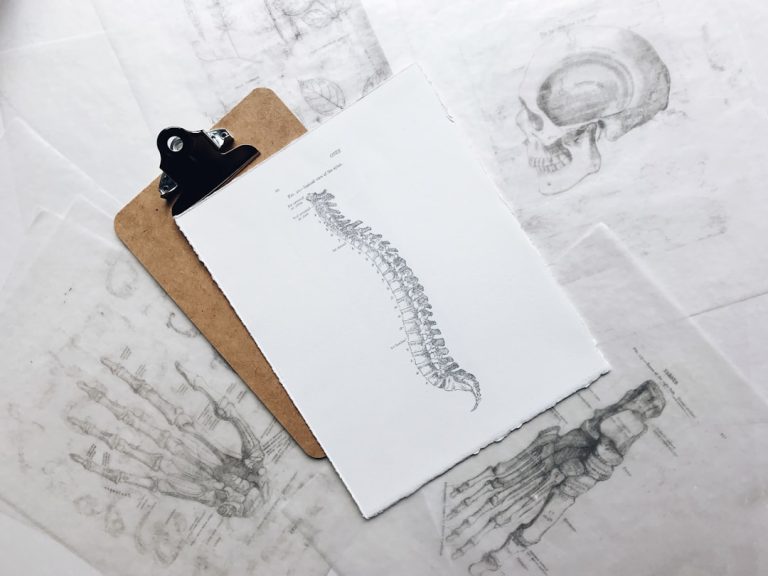Surveying and mapping technicians play a crucial role in the fields of construction, land development, and environmental...
In an era where digital transformation is reshaping industries, the demand for information security analysts has surged...
The journey toward a successful career in many fields often begins with a solid educational foundation. For...
Computer network architects play a pivotal role in the design and implementation of an organization’s networking infrastructure....
The pathway to a successful career in many professional fields often begins with a solid educational foundation....
The journey to becoming a healthcare professional is often marked by rigorous education and training requirements that...
The journey to becoming a healthcare professional is often marked by rigorous education and extensive training. Most...
Genetic counselors are healthcare professionals who specialize in the field of genetics, providing essential support and information...
An exercise physiologist is a specialized health professional who focuses on the study of the body’s responses...
Emergency Medical Technicians (EMTs) and paramedics serve as the frontline responders in the healthcare system, playing a...
Embarking on the journey to become a dentist is a multifaceted process that requires dedication, academic excellence,...
To embark on a career in chiropractic care, individuals must first complete a rigorous educational pathway that...
The pathway to a successful career in many professions often begins with a solid educational foundation. For...
Audiologists are healthcare professionals who specialize in diagnosing, managing, and treating hearing and balance disorders. Their expertise...
Tile and stone setting is a craft that marries aesthetics with functionality, transforming spaces into visually stunning...
The history of ironworking in the United States is a tale woven into the very fabric of...
In recent years, the demand for skilled trades has surged dramatically, driven by a combination of factors...
The roofing industry in the United States is experiencing a significant surge in demand, driven by a...
Construction and maintenance painters play a pivotal role in the building and upkeep of structures, both residential...
The drywall, ceiling tile, and taping industry presents a myriad of job opportunities that cater to a...
The demand for electricians in the United States has been on a steady rise, driven by a...
Construction laborers and helpers form the backbone of the construction industry, playing a crucial role in the...
The pathway to a successful career in many fields often begins with a solid educational foundation. For...
Carpentry in the United States has a rich and varied history that reflects the broader narrative of...
Veterinary assistants and lab animal caretakers play a crucial role in the healthcare of animals, whether in...


































